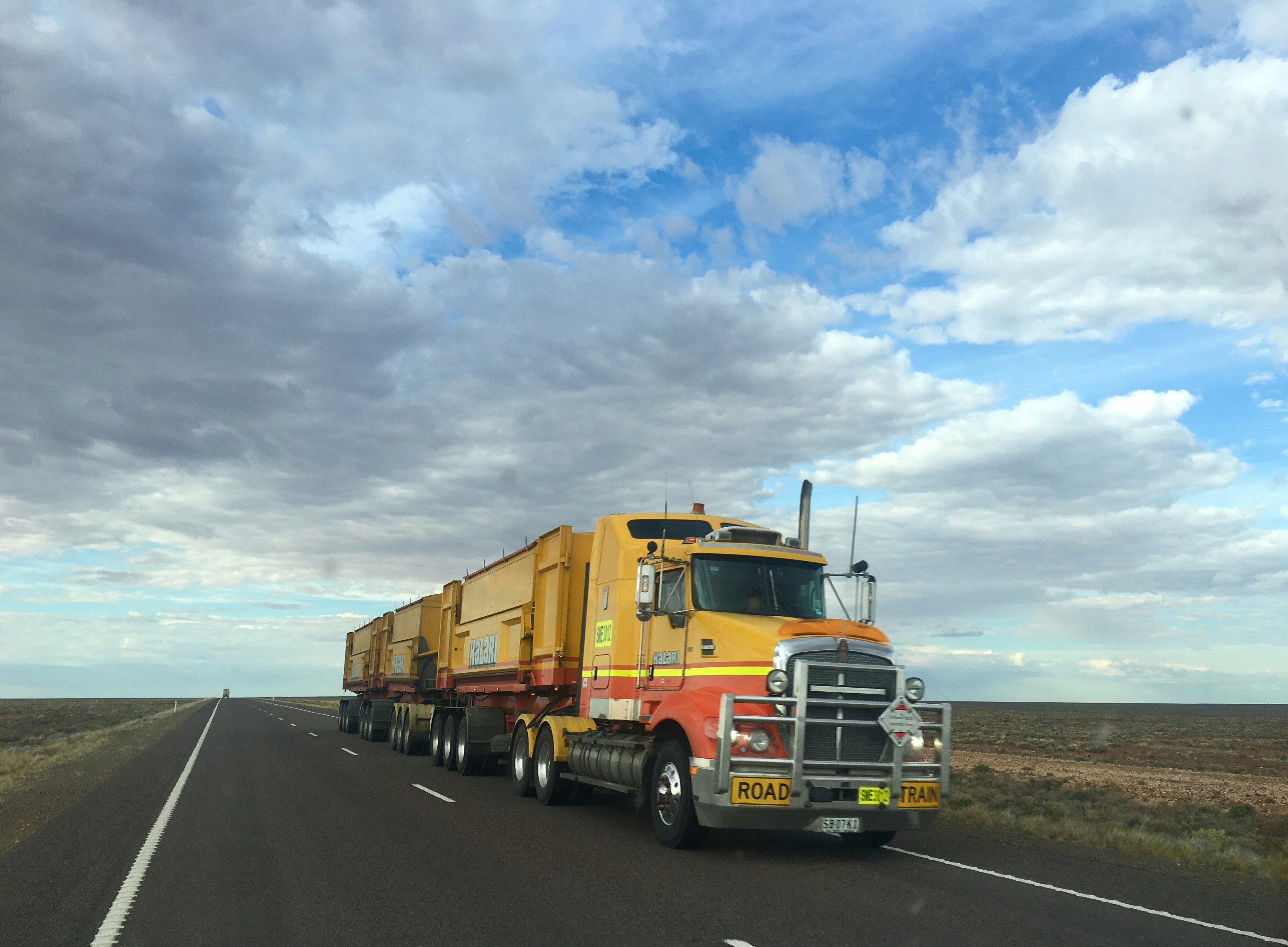This innovation has created new opportunities for the trucking industry, with autonomous trucks being employed on specific routes and under certain conditions. As a result, the industry will continue to require an increased number of truck drivers, especially as freight volumes grow over time. While autonomous trucks may not eliminate the need for human drivers, they have the potential to address some of the challenges faced by the industry, such as recruiting and retaining drivers, particularly in long-haul trucking.
One aspect that may be impacted by the introduction of autonomous trucks is the trucker culture and lifestyle. Trucking is not just a job, but a subculture that has developed its own unique sense of identity, rituals, and camaraderie. The advent of self-driving trucks could disrupt these established norms and traditions.
Traditionally, truckers spend long hours on the road, navigating vast distances and coping with the solitude and isolation that comes with the job. They rely on their driving skills, expertise, and deep knowledge of the roadways to get the job done. The sense of independence and freedom that trucking offers has shaped the trucker lifestyle, which includes the iconic image of a trucker behind the wheel, exploring the open road.
With the introduction of autonomous trucks, the role of the truck driver is likely to change. While drivers may still be needed for certain aspects of the journey, such as navigating city streets or addressing unexpected situations, autonomous technology will handle the majority of the driving tasks. This shift may reduce the sense of control and agency that truckers have enjoyed for years, potentially impacting their sense of job satisfaction and fulfillment.
Moreover, the introduction of autonomous technology could alter the social dynamics within the trucking community. Truckers often form close-knit networks, sharing stories, advice, and support with their fellow drivers at truck stops or on CB radios. The sense of camaraderie and solidarity is a vital part of the trucker subculture. If autonomous trucks become more prevalent, the traditional trucker community may experience changes as face-to-face interactions are reduced, and the reliance on technology for communication increases.
Additionally, the potential reduction of job opportunities for truck drivers due to the adoption of autonomous trucks could create economic challenges for individuals and communities that heavily rely on the trucking industry. The trucker lifestyle and culture are deeply connected to economic factors, and any disruption in the availability of trucking jobs could have a significant impact on both individual truckers and the communities they support.
It is important to note that the impact on trucker culture and the trucking subculture will not be uniform or immediate. The transition to autonomous trucks will likely occur gradually, providing time for adaptations and adjustments to be made within the industry and among truckers themselves. Moreover, human truck drivers will still play a role in the operation and maintenance of autonomous trucks, ensuring that their expertise and experience remain valuable assets.
In conclusion, while autonomous trucks have the potential to disrupt the trucker lifestyle and trucking subculture, the impact will depend on the rate of adoption and the extent to which autonomous technology replaces human drivers. The introduction of self-driving trucks may alter aspects of trucker culture such as the sense of independence and the social dynamics within the trucking community. However, the full effects will only become clear as the industry continues to evolve, and truckers adapt to the changes brought about by technological[1][2]





